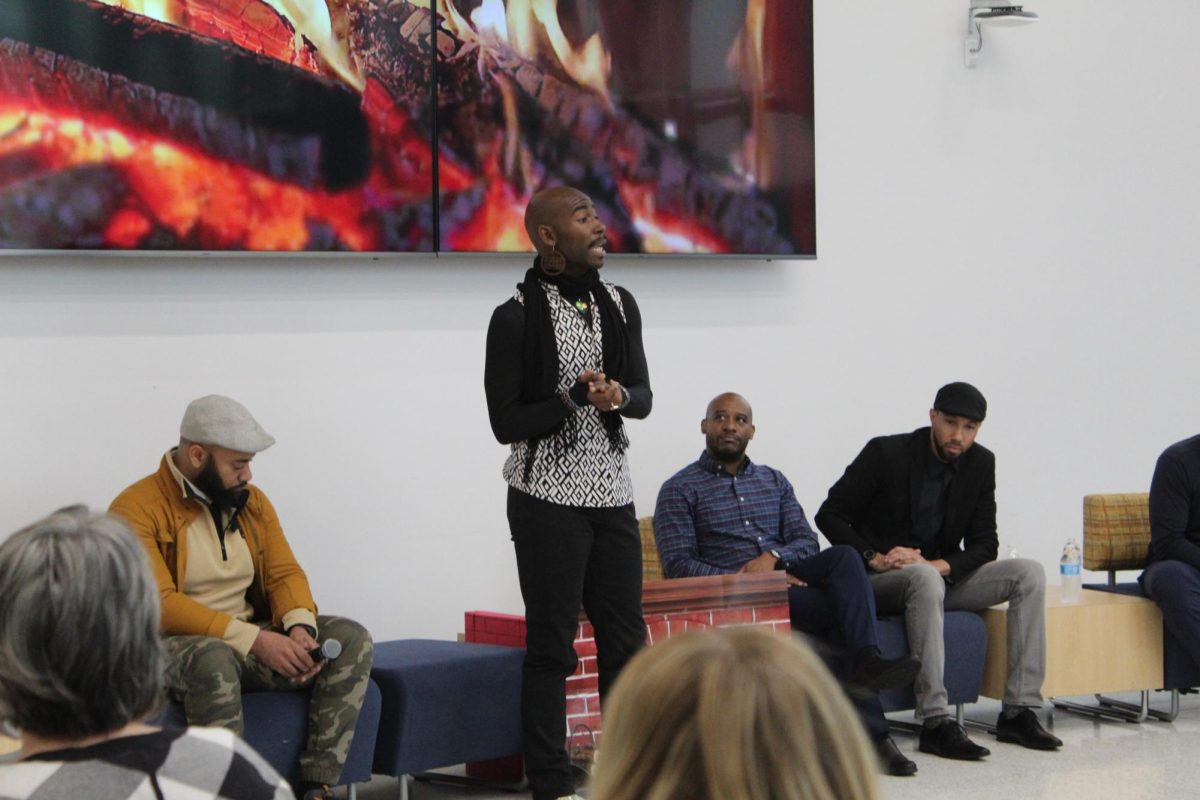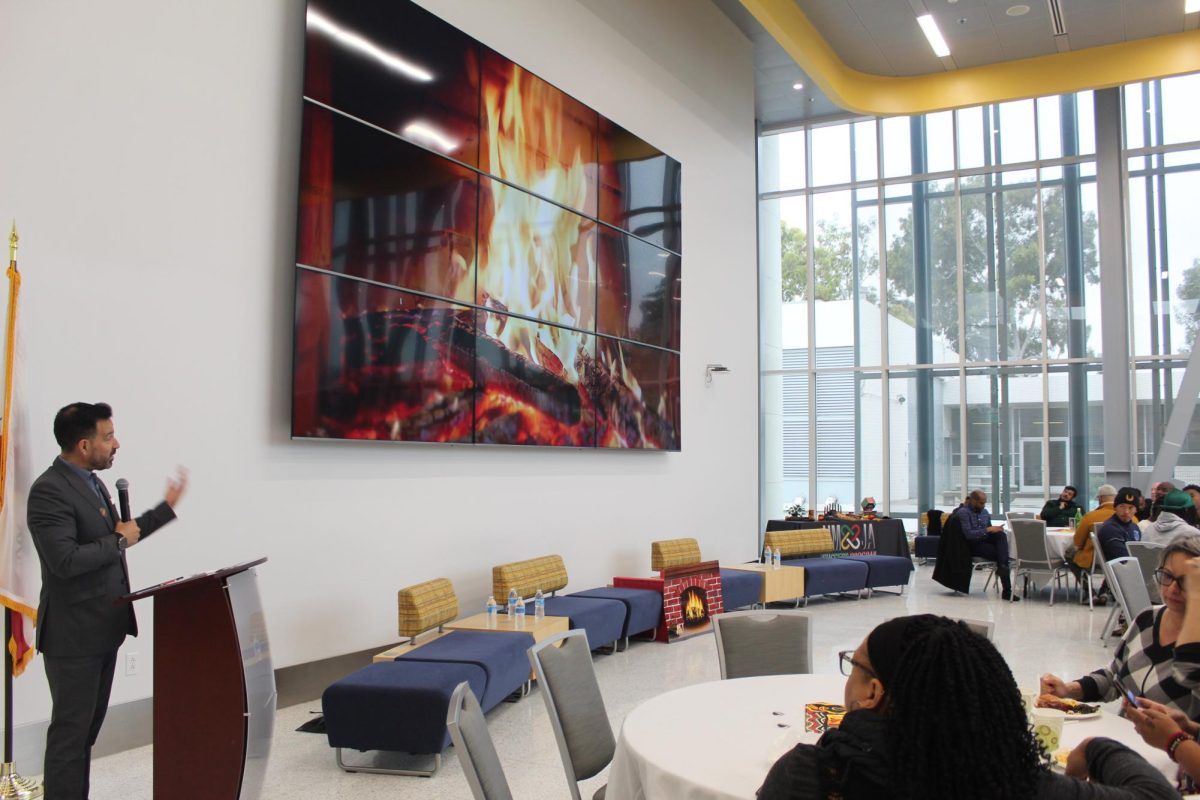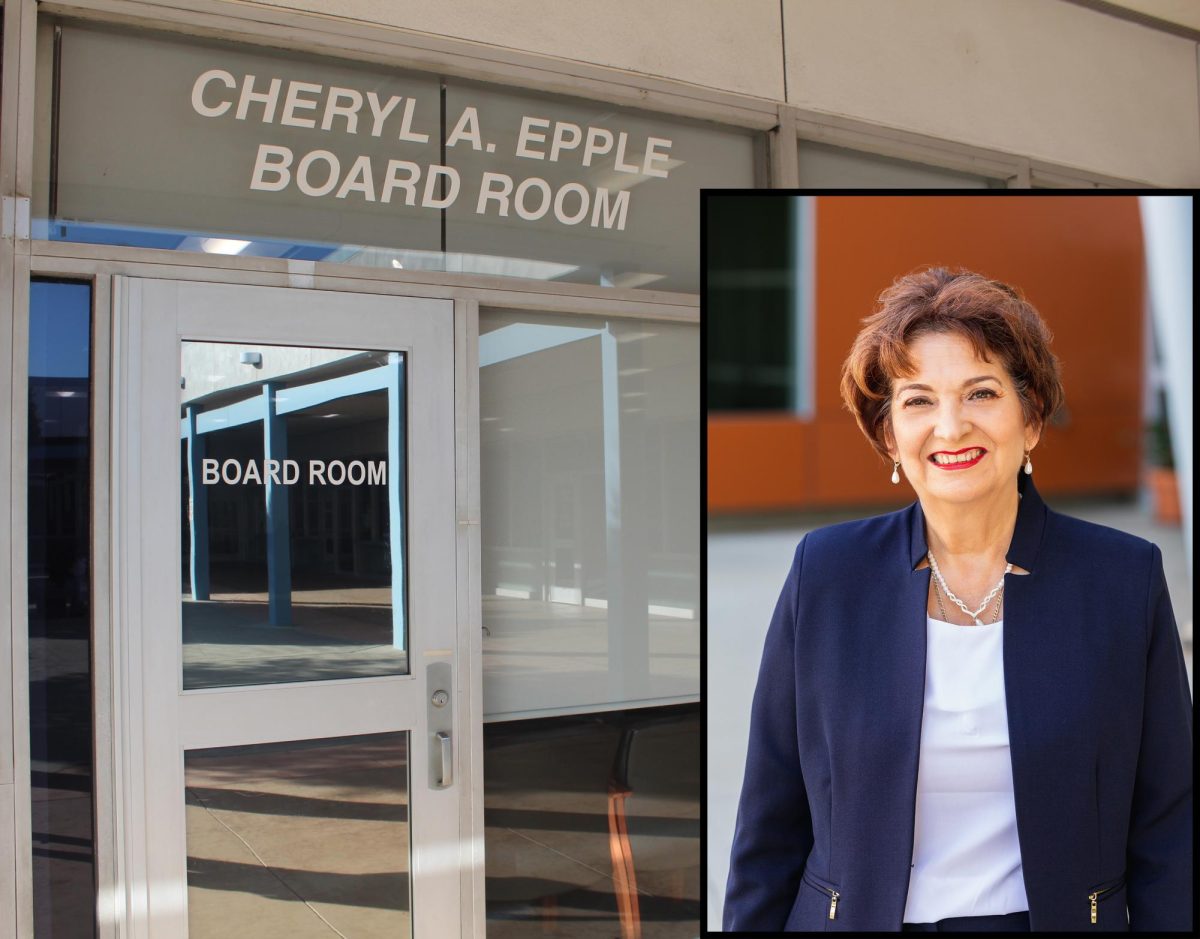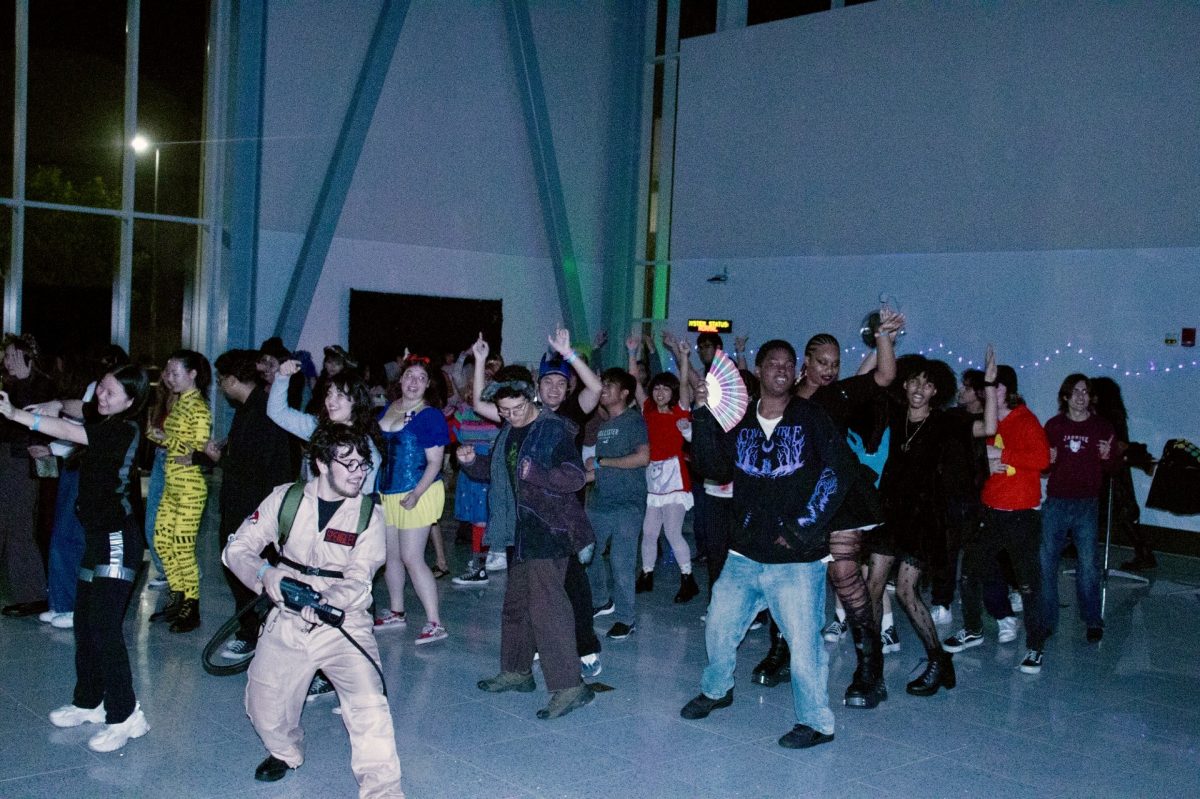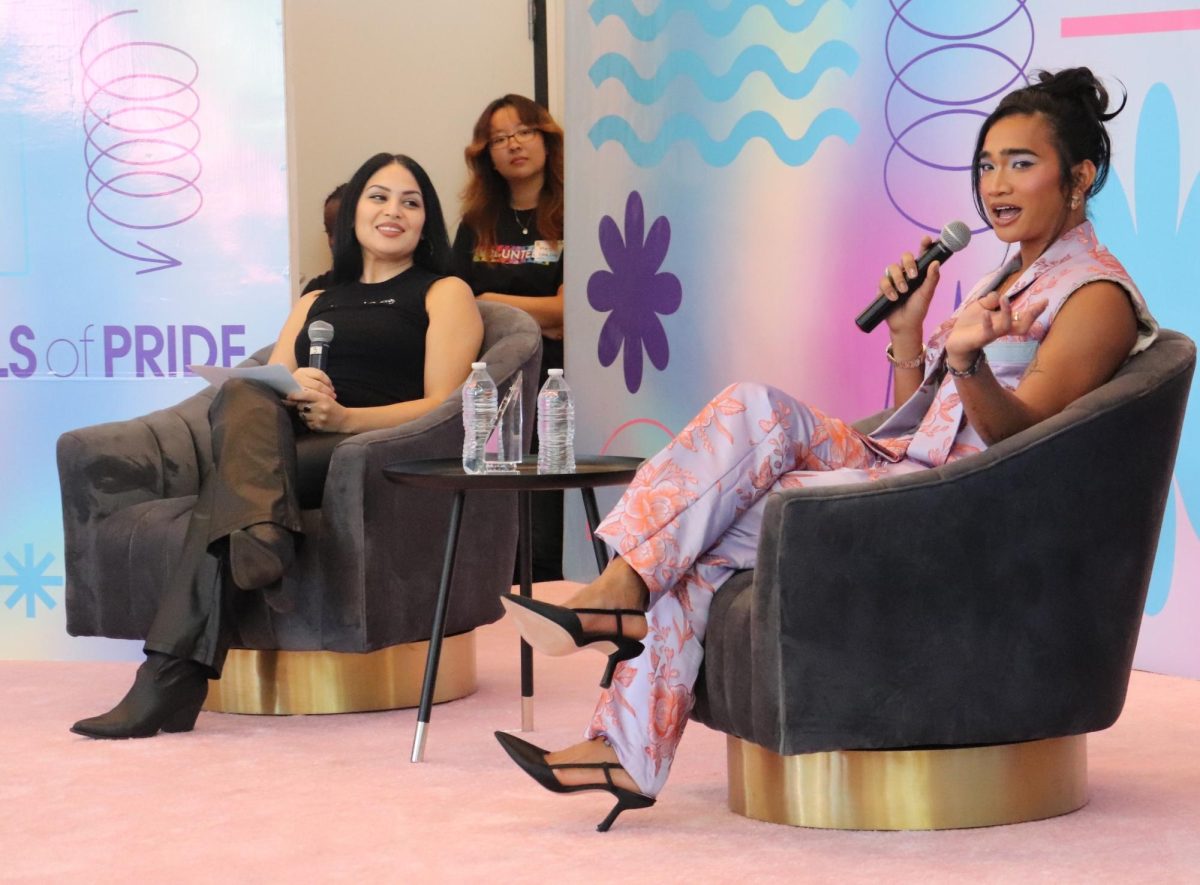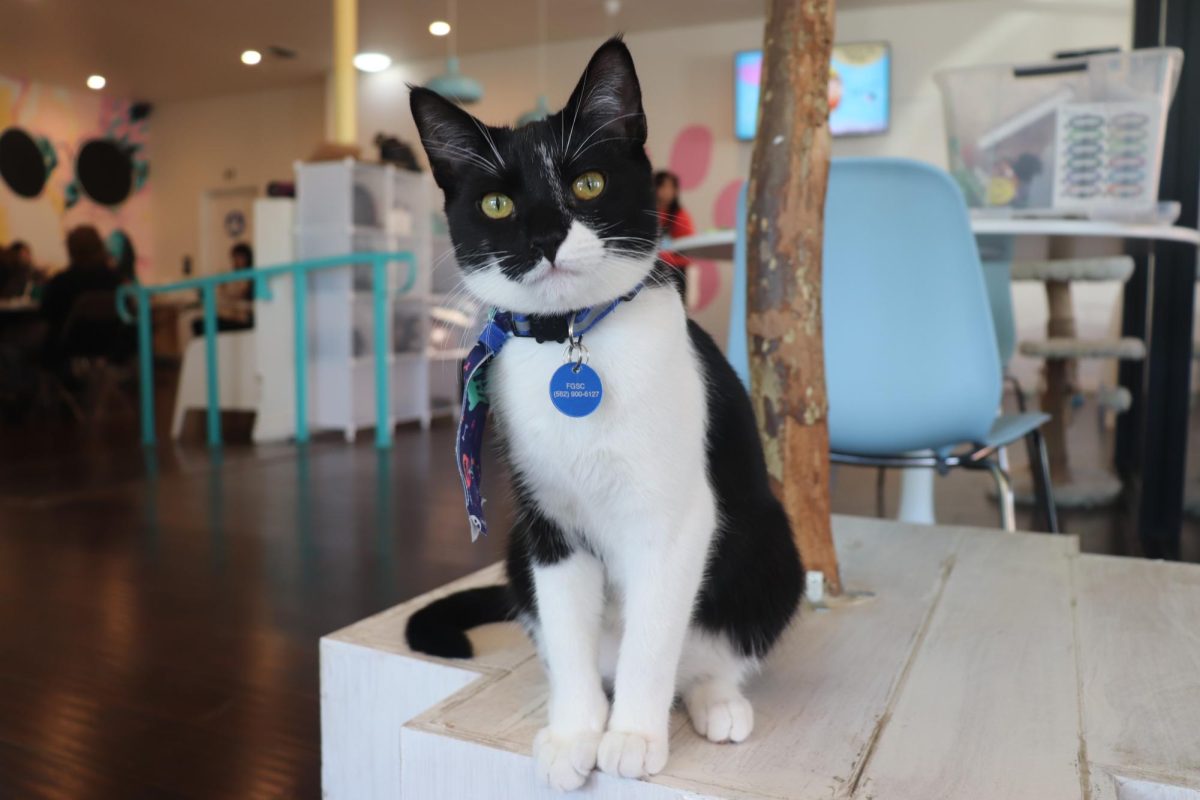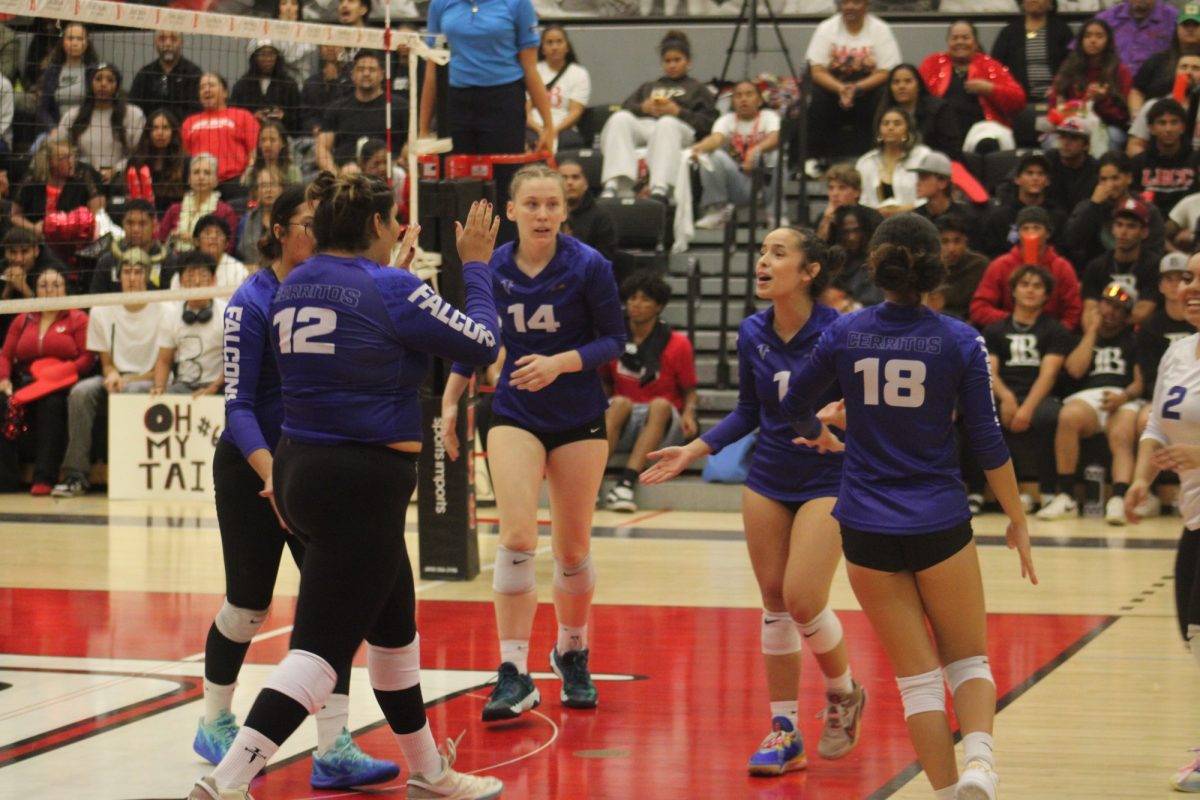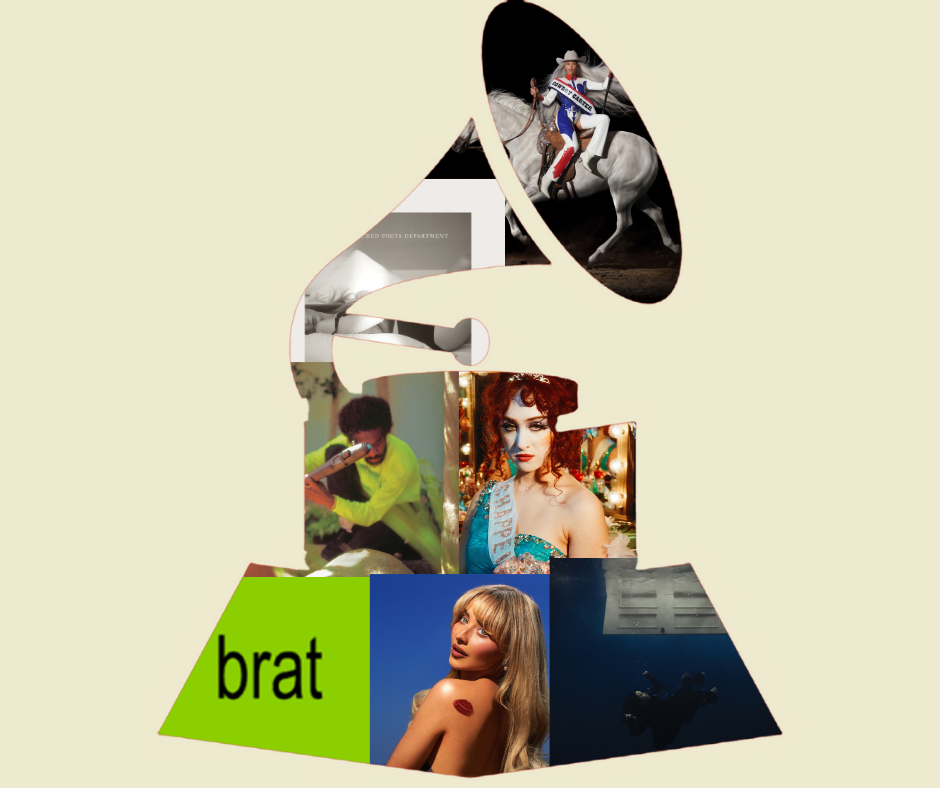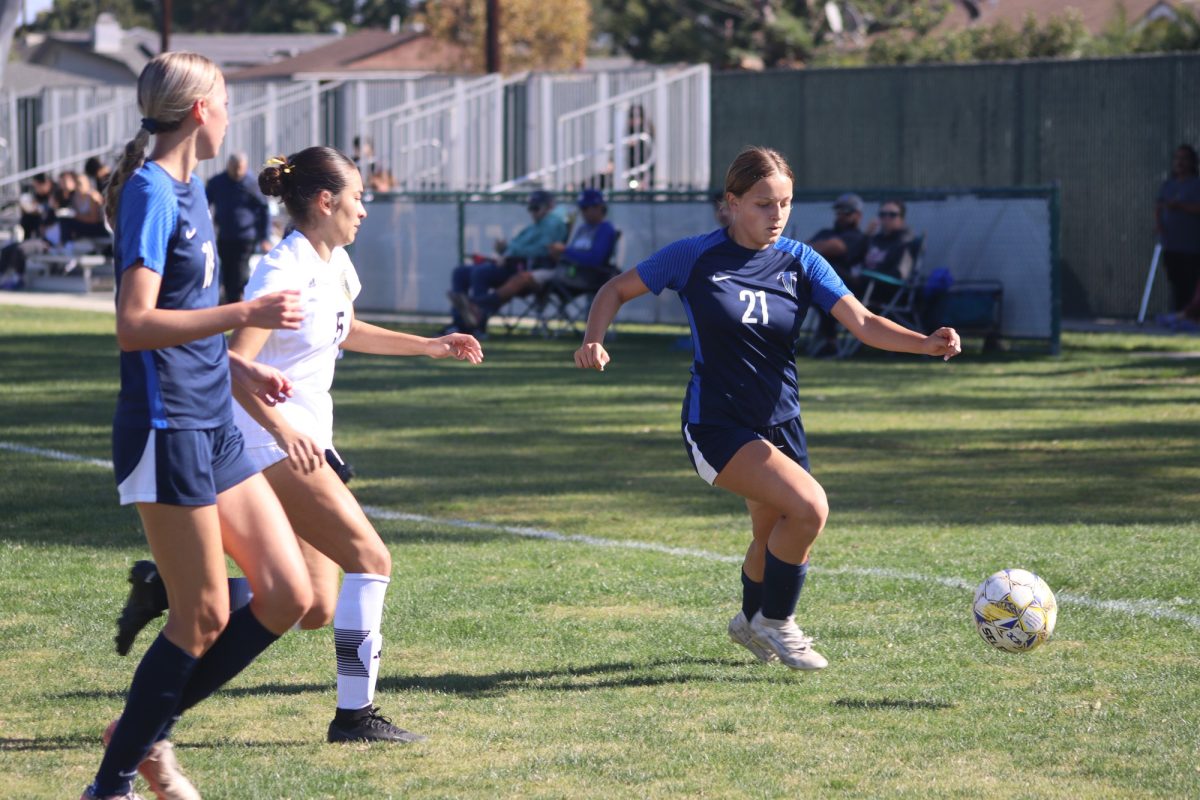Cerritos College began its Black History Month celebrations with a Black Male Fireside Chat on Feb. 1, it featured several members of the Black community talking about their experiences, with a focus on Black men, and the college president, Dr. Jose Fierro.
This event was part of the college’s larger Black Future Month celebration, in which the college is drawing attention to, and focusing on, the future of the Black community.
After a brief introduction that heavily featured Black culture by Chelena Fisher, a counselor and one of the coordinators of the event, there was a brief intermission where culinary arts chefs served up multiple dishes to attendees of the fireside chat.
After the intermission, Fierro took to the podium and discussed in detail the many hardships members of the Black community face as a result of their hard-fought history in this country and persistent inequality.
Fierro specifically focused on income inequality, its relationship to educational achievement, what the college is doing to improve and diversity, equity and inclusion.
This focus on improving diversity, equity and inclusion notably comes during a period in which the term and programs based on it, are being brought to national attention after major figures have turned the topic into a culture war battleground.
Following Fierro’s speech, Damon Cagnolatti, an English professor and member of the Umoja success team, introduced six prominent Black male faculty members on campus to a panel to share their experiences.
The panel consisted of Brian Hill, a captain of the Cerritos College Police Department; Michael Page, the dean of the Science, Engineering, and Mathematics Division; Antonio “Nio” Lavermon, the head of LGBTQ program; Christian Brown, a professor of journalism and the head of the journalism program; Isaiah Whitfield, a counselor; and Christopher Richardson, the head coach for the Cerritos College Men’s and Women’s Track and Field and Cross Country and a kinesiology professor.
Immediately upon taking the microphone, Brown stood up and started cracking jokes that caused a surge of laughter among the crowd.
Brown also described his experience back when he was a student, highlighting how his abilities were constantly doubted by those around him and how he always felt like he had to prove himself.
“I was always a smart kid, but my challenge was always to prove to them that I was five steps ahead,” Brown recounted.
Lavermon, on a similar note, also talked about how he was compelled to doubt himself and now seeks to reclaim that power that was taken away from him.
Cagnolatti also chimed in and mentioned the time he was doing a book report as a kid where he was writing about “good” slave masters but his father turned him in the direction of a historically accurate depiction of slavery.
Hill went a step further and directly addressed a group of young Black students. “Stay focused — don’t let people use you or take you down the wrong path,” he said.
At the end of the panel, Cagnolatti asked the panel members to give one-word answers to what the phrase Black future meant to them, eliciting responses such as “intersectional” from Lavermon, “marathon” from Page and “equity” from Brown.
When asked about what he would like to see the college do to improve the experience of Black students, Cagnolatti said they can continue to hire more Black faculty.
“I am really excited that our campus community is having these kinds of conversations about Black men in higher education,” Brown added.
Nandi Best, a chemistry and biology dual major student who attended the event, said, “Sometimes it’s actually really lonely,” and that she would like to see students celebrated and classroom dynamics paid attention to.
At the end of the event, Mercedes Gutierrez, the vice president of human resources, announced the winners of the Black Future Month essay writing contest: Kathy Logan and Schadawn Myers.
Myers, an Africana studies major, said her essay was about giving a safe space on campus for students and that she was surprised, but grateful, to win the $250 award.



